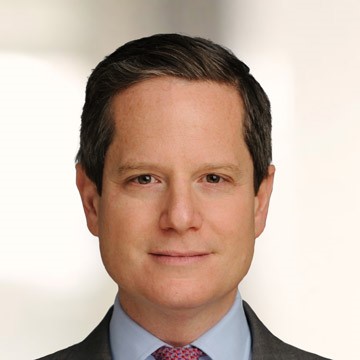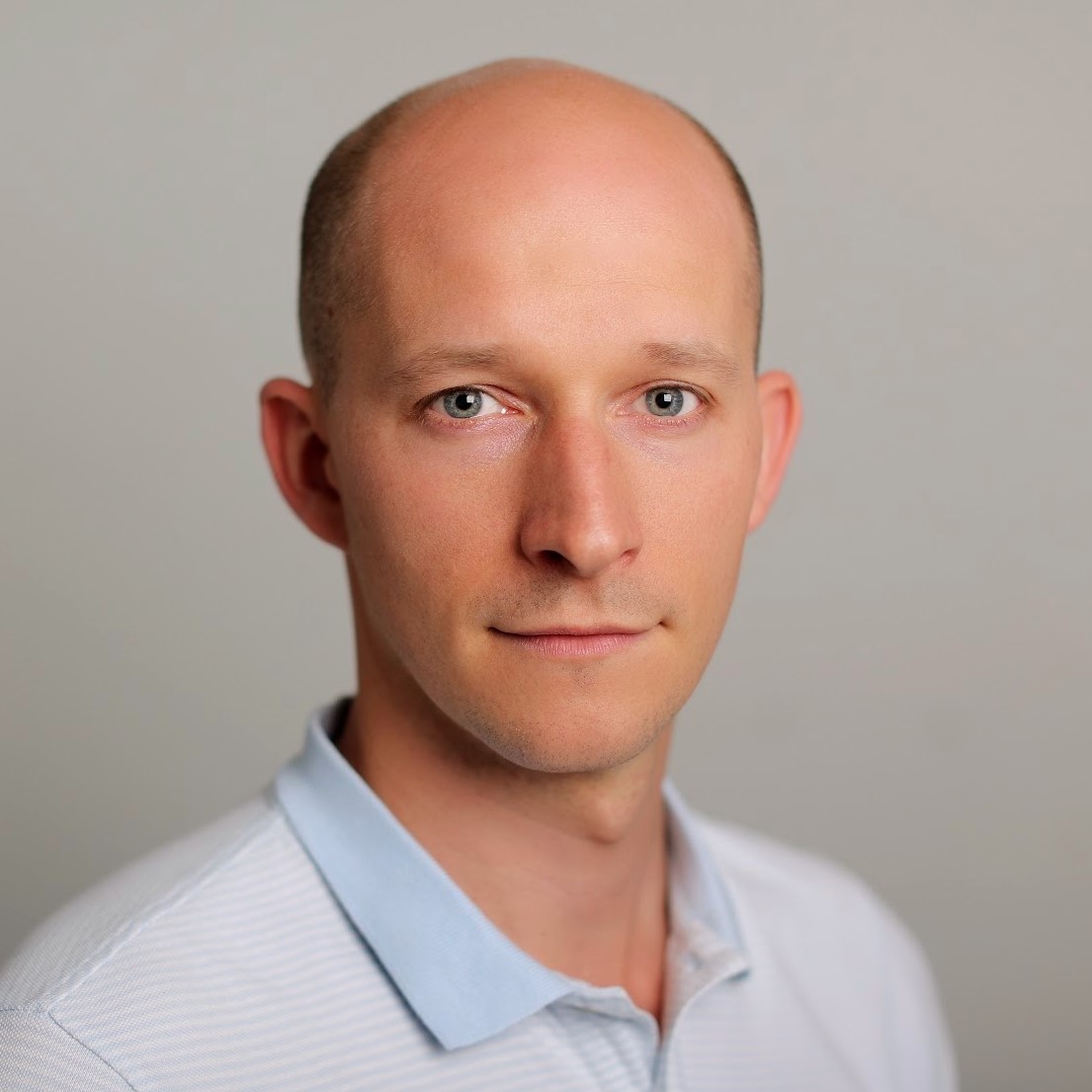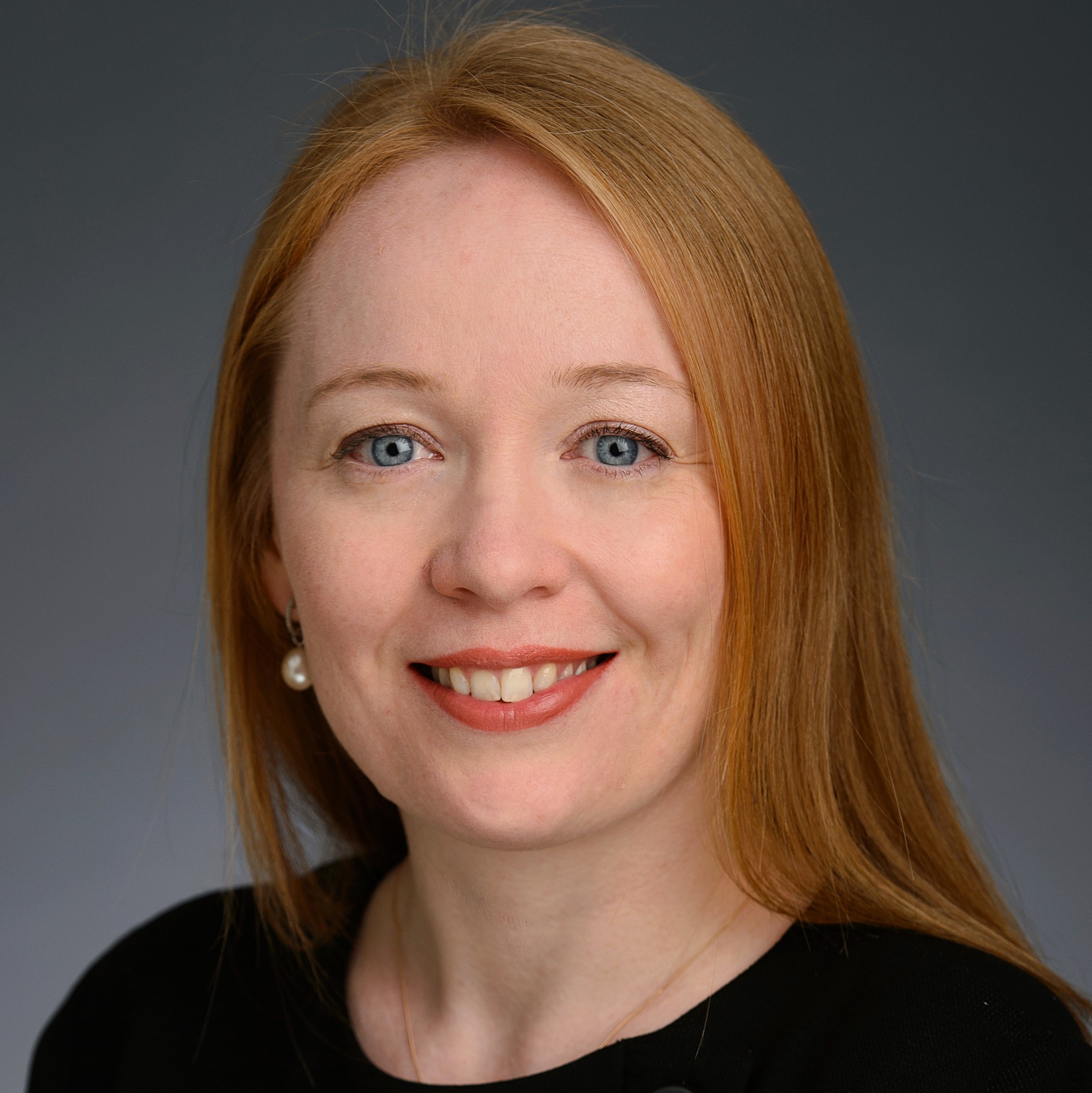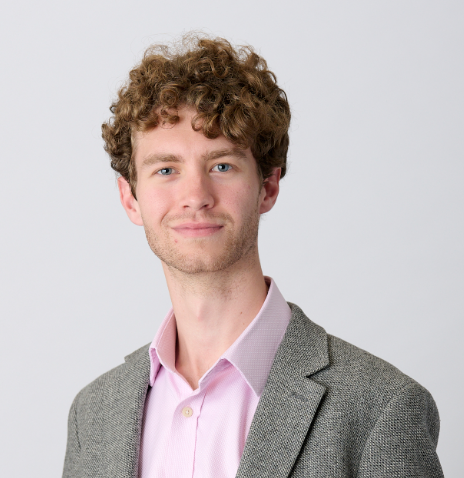This content was correct at the time of publication and is no longer being updated.
Listen to the full interview with Rupert Soames below, as well as the analysis from Fidelity’s investment team. You can subscribe to the podcast on your mobile device by following this link or search ‘Fidelity Answers’ in your podcast app.
The Interview
The Analysis
You can't on the one hand say I don't like nuclear weapons and I'm not going to invest in, for instance, Serco, because we might have involvement in nuclear weapons, and on the other hand trade US and British government bonds that finance them.
A key feature of the debate around environmental, social and governance (ESG) concerns involves investors holding companies to account for doing wrong. But in a world where little is clearly right and wrong, and where companies are continually forced into making trade offs between tough decisions, should management teams always bow to the pressure of stakeholder capitalism?
Serco, and its former chief executive Rupert Soames, are no strangers to this pressure. The company takes on contracts from governments to help them in often controversial areas including defence, justice, and immigration. As Dominic Hayes, a Fidelity equity analyst notes, “[the company’s] environmental impact is generally quite low. But the social side is very interesting. It employs over 50,000 people and the work they do impacts the lives of citizens around the world. The social aspect is what differentiates Serco from an ESG perspective.”
Balancing people and controversy
The social side of the ESG debate can often be the most contentious. “It's very easy to draw a straight line between hydrocarbons and what might be bad for the environment”, says Fiona O’Neill, Head of Strategic Initiatives Global Investment Research at Fidelity International. “That straight line between what Serco is doing and 'good' or 'bad' just doesn't exist.”
Since Soames took over at Serco in 2014, he has established some guiding principles to help steer the company when faced with controversial contracts: “If we are asked to do work by democratically elected governments, that is within the law, we have to think very hard before we say, oh no, we don't think that's right.” He does not believe it is his responsibility to question that mandate: “When the customer says jump, we say: how high?”
This doesn't mean Soames hides from public scrutiny. “I would worry more if we weren't being held accountable, if we weren't being confronted, because it would tend to indicate that we're not doing those important and difficult things that government has to do, which is the essence of our business.”
But he also makes sure to separate public opinion from the mandate that elected government provides. Repeating his overriding philosophy that “if it's a democratically elected government that is asking us to do something that is established policy, we should be allowed (to do it)”, he argues that “capital markets should not penalise us for doing that and they should not second guess it.”
O’Neill agrees that there are nuances investors should consider: “It's really important that investors play a role that isn't a judgment role. Yes, we want to quantify the impact, but it's much more about engaging with the companies, about having a constructive dialogue.”
This exchange is, for Soames, the beauty of public markets. He admires the unique transparency they provide, but fears that ever-increasing levels of scrutiny will force companies to retreat from the limelight and open a “chasm” between public and private companies.
The private-public "chasm"
Soames is a fierce advocate of accountability and debate - just don’t expect him to bow over easily. “You've got to be prepared to engage with your critics. Going and hiding away is not the way to handle this, because we’re being paid by taxpayers’ money. They have a right to criticise, they have a right to know what we're doing.”
Quickfire
Fidelity: What is the most pressing issue facing governments in the next five years?
Soames: Dealing with the post-Ukraine settlement. Our lives have been dominated by the global financial crisis, broadly speaking, between 2010 and now. I think that Russia invading part of Europe, and a borderline war between us and Russia, is going to be really hard for governments to deal with. And inflation.
Fidelity: What predictions do you have for us? Where will we be in ten years’ time?
Soames: Happier. Richer.
This interview took place in July 2022. Rupert Soames retired as CEO of Serco at the end of 2022.











































